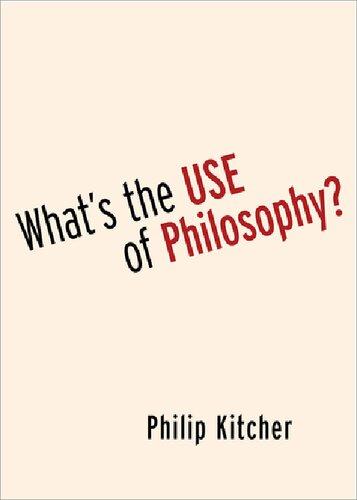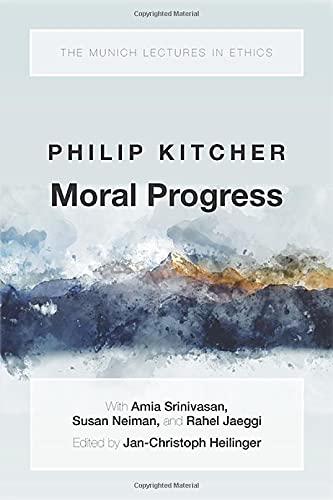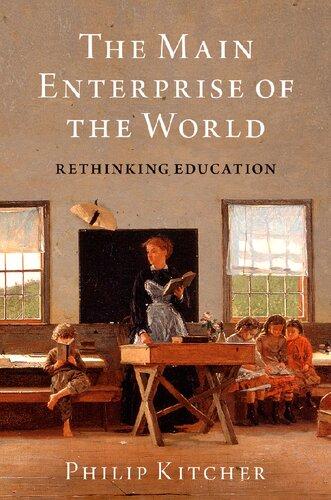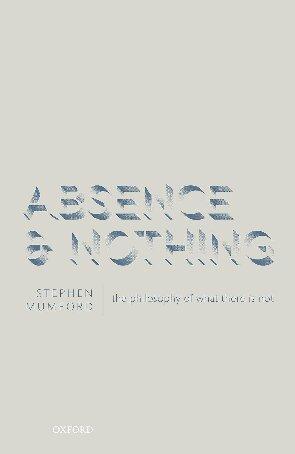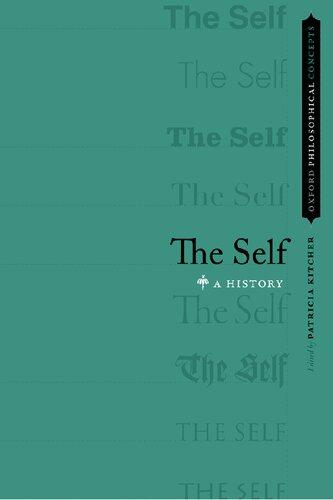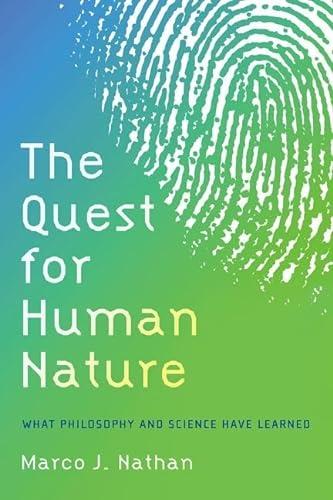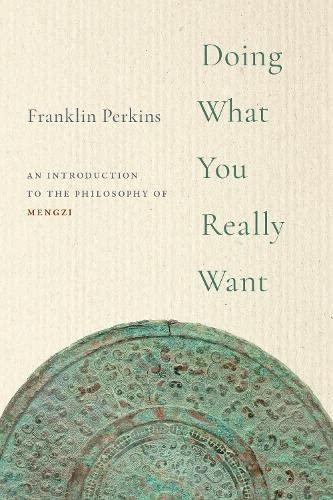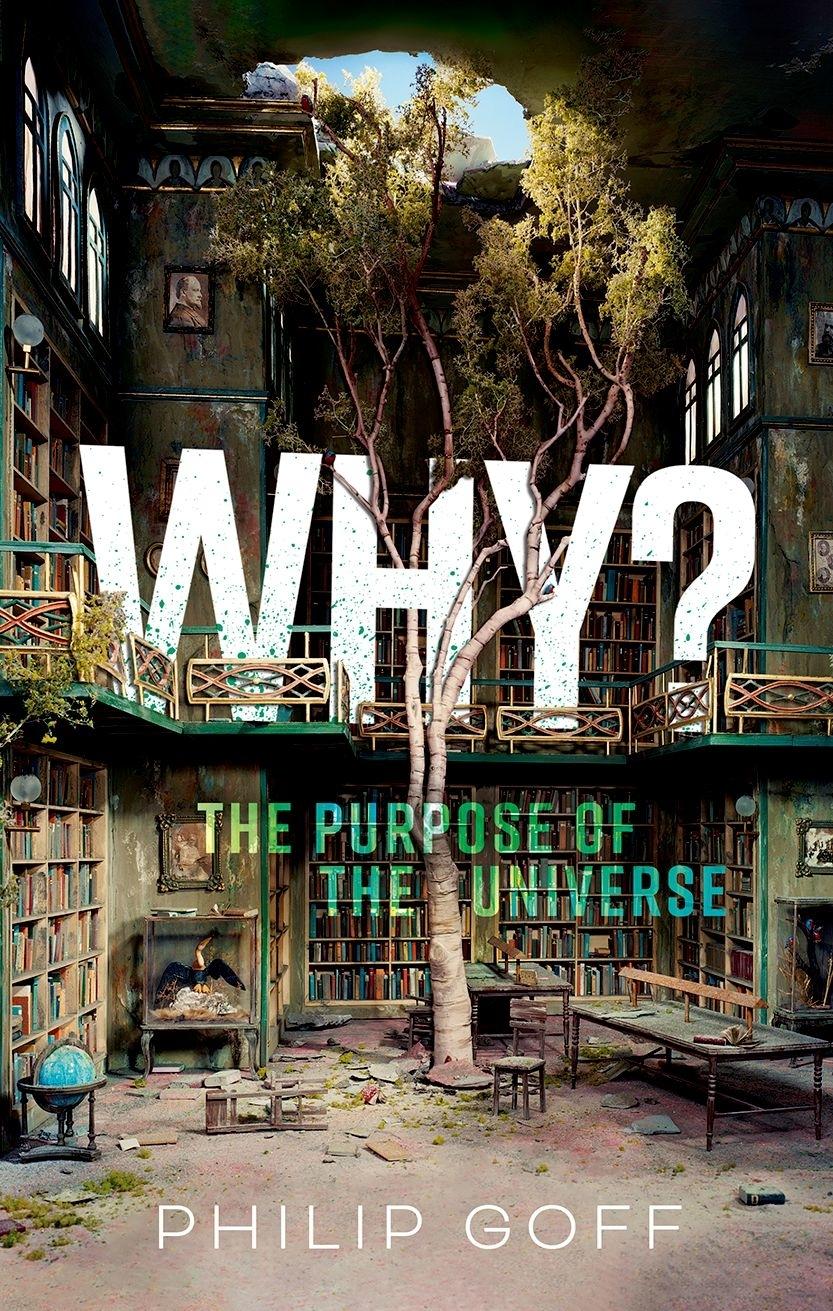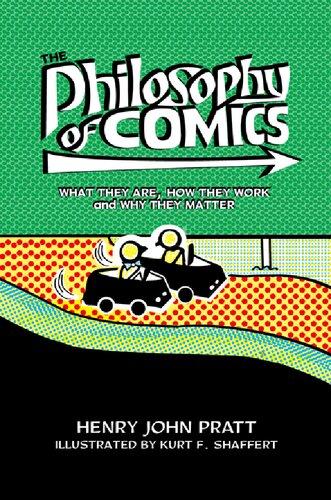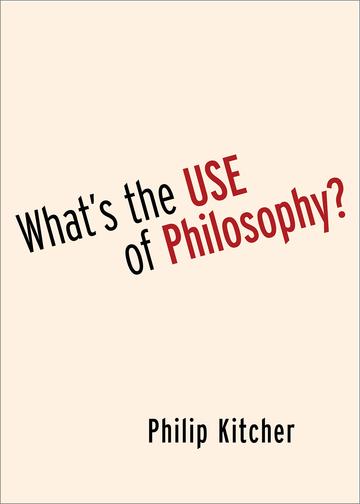WHAT’S THE USE OF PHILOSOPHY?
Philip Kitcher
Oxford University Press is a department of the University of Oxford. It furthers the University’s objective of excellence in research, scholarship, and education by publishing worldwide. Oxford is a registered trade mark of Oxford University Press in the UK and certain other countries.
Published in the United States of America by Oxford University Press 198 Madison Avenue, New York, NY 10016, United States of America.
© Oxford University Press 2023
All rights reserved. No part of this publication may be reproduced, stored in a retrieval system, or transmitted, in any form or by any means, without the prior permission in writing of Oxford University Press, or as expressly permitted by law, by license, or under terms agreed with the appropriate reproduction rights organization. Inquiries concerning reproduction outside the scope of the above should be sent to the Rights Department, Oxford University Press, at the address above.
You must not circulate this work in any other form and you must impose this same condition on any acquirer.
Library of Congress Cataloging-in-Publication Data
Names: Kitcher, Philip, 1947– author.
Title: What’s the use of philosophy? / Philip Kitcher.
Description: New York, NY, United States of America : Oxford University Press, [2023] | Includes bibliographical references and index. |
Identifiers: LCCN 2022040696 (print) | LCCN 2022040697 (ebook) | ISBN 9780197657249 (h/b) | ISBN 9780197657263 (epub) | ISBN 9780197657270
Subjects: LCSH: Philosophy—Introductions.
Classification: LCC B103 .K58 2023 (print) | LCC B103 (ebook) | DDC 100—dc23/eng/20220922
LC record available at https://lccn.loc.gov/2022040696
LC ebook record available at https://lccn.loc.gov/2022040697
DOI: 10.1093/oso/9780197657249.001.0001
9 8 7 6 5 4 3 2 1
Printed by Sheridan Books, Inc., United States of America
To the wonderful graduate students whom I have had the privilege of teaching and for all the others who once fell in love with philosophy and who would like the relationship to stay that way
Preface ix
1. Philosophy Inside Out 1
2. “So . . . Who Is Your Audience?” 26
3. Pathology Report 57
4. The Whole Function of Philosophy 108
5. Letter to Some Young Philosophers 155
Notes 183 References 185
PREFACE
Occasionally, the question posed in my title is asked as if the questioner eagerly expected an answer. For the most part, however, the speaker’s tone—heavily emphatic on the “use” and the “philosophy”—suggests something quite different. That the question is unanswerable. Because, as everybody knows, philosophy is utterly useless.
For the past twenty years or so, I have been brooding about the question. The usual dismissive tone is, I believe, readily understandable. It stems from the remoteness of philosophy from the rest of contemporary culture. Philosophers appear to outsiders as peculiar beings, perhaps highly intelligent but with bizarre tastes in the ways they spend their “work” time. They labor over questions without answering them, spend hours in heated debates about very little (if anything), criticize one another with peculiar, and often distasteful, ferocity. Their employers, mostly colleges and universities, pay them for engaging in their pointless jousts. But even their colleagues, who teach and do research in other academic disciplines, seem to agree with the general judgment that their activities are incomprehensible.
During the early years of this century, I became more and more convinced that this worrying attitude was common enough to
x Preface
deserve attention. The Humanities rarely receive much respect in the English-speaking world. Philosophy is usually assigned to this low-status division, but it is almost always cut off from its fellow orphans. Once, of course, philosophers were avidly read by excited members of the public. Their works were treasured as sources of life-changing transitions in allegiances and attitudes. Not anymore. Even in the days when there were local bookshops, the philosophy section was typically stocked with works few Anglophone philosophers would recognize as contributions to their discipline. What has happened to philosophy?
I began to focus my unease about this situation when Armen Marsoobian, the editor of Metaphilosophy, invited me to a conference in London to celebrate the fortieth anniversary of the journal. Four speakers, of whom I was one, presented their perspectives on the state of the subject. My contribution was the first draft of Chapter 1 in this volume, later revised and published with the other papers in an issue of Metaphilosophy. That issue did not include any parts of the lively panel discussion.
I had expected criticism, even hostility, and I received some of the former; I don’t recall any of the latter (perhaps repression has done its impressive work). But I was also surprised by a fair amount of sympathy for my heterodox position. Besides that, what remains in my memory is a vigorous debate with Timothy Williamson (surely one of the most distinguished philosophers of his generation.) It was conducted in that wonderful spirit of oldfashioned disagreement that used to be a characteristically British style of intellectual exchange. No quarter given, but everyone goes off happily to the pub afterward. In this instance, we retired to an excellent dinner.
Reactions to the published article convinced me that I was far from alone in worrying about the current state of Anglophone philosophy. Before long, Rob Tempio, philosophy editor for Princeton University Press, had written to me with the suggestion that I expand the article as a short book. I mentioned that possibility to Peter Ohlin, my long-time editor at Oxford University Press, and someone I count as a friend. Peter, too, thought this was a good suggestion, although, like me, he was concerned about poaching another editor’s bright idea. In any event, the issue was moot. I did not feel ready to write a book in this area.
A few years later, Stefan Hartmann and Michela Massimi invited me to give a keynote address at the meeting of the European Society for the Philosophy of Science (later published in the European Journal for the Philosophy of Science). I accepted with alacrity. Wishing to develop my approach further, I wrote a preliminary version of Chapter 2. When I delivered it at the conference, I was again pleasantly surprised by a sense that what I had said had resonated with at least some parts of the large audience. The discussion opened with a question that has occupied me ever since. It was posed by a young woman whose name I do not know. She began by saying that she was sympathetic to the approach I had taken—but she wondered how people like herself, starting out on their philosophical careers, could pursue something of that sort in a profession whose priorities ran counter to the kinds of philosophy I commended.
Similar reactions greeted the John Dewey Lecture I delivered (via Zoom) to the 2021 meeting of the Eastern Division of the American Philosophical Association (subsequently published in the Proceedings of the Association). Both during the discussion
immediately following my presentation, and in emails I received during the next few days, younger philosophers again pressed me on how they might actually pursue the kinds of philosophy that appealed to them—without ruining their careers. I tried to respond, always with a definite feeling that what I was saying was inadequate.
It seemed, then, that the time had come to attempt to develop my thoughts further, to combine and integrate the sometimes scattered pieces of the three lectures, to supplement them with further material to make some of my negative and positive points clearer, and to address more systematically the worry that, at least for younger philosophers, following anything like the course I described would be suicidal.
I wanted to write a book that would not only expose the insights in the common, rhetorical version of my title question— but also respond to those who eagerly want an answer. What follows is my attempt to do that.
Chapters 1 and 2 are revised versions of the published articles with the same titles. They have been rewritten to reflect small adjustments in my views, to make them more broadly accessible, and to integrate them with one another and the chapters that follow them. The third chapter is new. Its presence reflects my sense that, besides the impressionistic surveys of its predecessors, a systematic diagnosis of the shortcomings of much contemporary Anglophone philosophy would help to expose what has gone wrong. The fourth is a considerably expanded presentation of my positive conception of philosophy as outlined in my Dewey lecture—my response to the imagined eager questioner, who is genuinely open to an answer. The task assigned to a Dewey lecturer
is to offer some mix of intellectual autobiography and reflections on the state of the profession. I have eliminated the former, and developed considerably further the core themes of the latter, since I believe I can now be somewhat more precise about what I have in mind. The final chapter is written to that first questioner who responded to the first version of Chapter 2, and to all her successors who have voiced similar concerns. I hope it is more helpful than what I have previously said to them.
In making my negative case, the principal focus is on genres, and I have tried to avoid pointing fingers at individual philosophers. Only in a very few instances is identification unavoidable. Fortunately, in these cases, the people most prominent either in pioneering or developing the style of philosophy I criticize nevertheless deserve respect and even admiration. Their practices, although flawed, have an art, a sensitivity, and an intelligence that is often lacking in those who imitate them.
Where I identify healthy growth in current philosophical endeavors, I try to single out examples, in hopes that they will be useful to the reader. So I drop a fair number of names. My lists of positive figures should not be taken to indicate that those whom I single out are the only shining lights in the areas of philosophy with which I associate them. Or even that they are the prime examples for making my point. Others might choose differently. Quite reasonably, too.
My emphasis throughout is on the use (or uselessness) of philosophy, a discipline practiced in a variety of ways for well over two millennia. Only in the final chapter do I take up (briefly) a different question, the potential usefulness of philosophers. Many outsiders who find the subject arid and irrelevant might
well agree that the subject’s practitioners do some valuable work. Although philosophers show an odd devotion to wrestling with unanswerable questions lacking any practical import, the effort breeds in them skills for lucid and rigorous thinking. To be sure, when they do their “creative research,” their talents are misapplied. Sometimes, however, earning their pay requires them to stand up in front of a previously uninitiated audience and hold forth. When they do that, they often help those who listen to them to think more clearly. Since most of their hearers leave their presence without becoming addicted to the sterile game playing that occupies the consummate professional philosopher’s “research” life, the listeners tend to put their newly acquired capacities to work in productive ways. As, perhaps, do the philosophers at the times when they are off-duty and pondering some important decision.
This side of a philosopher’s life will occupy me only in the final chapter, where I shall offer some thoughts on the importance of teaching, and on the contexts in which introducing people to the subject might prove valuable. “What’s the use of philosophers?” has a relatively straightforward answer (just summarized). Having spent fifty-odd years devoting myself to the subject, I don’t believe the answer can simply be extended to resolve my title question. “Philosophy’s use is to provide material for training people, who can then use the material to help others to think better than they would otherwise have done” won’t do. My imagined eager questioner wants more than that: a valuable role for some of the books and articles philosophers write. So do I.
I am extremely grateful to Armen Marsoobian, Stefan Hartmann, Michela Massimi, and the Committee on Lectures
and Publications of the American Philosophical Association for the invitations that spurred me to write the raw material for three of these chapters. I am also indebted to Natalia Rogach Alexander, Nancy Cartwright, Lorraine Daston, Justin ClarkeDoane, John Dupré, Gerd Gigerenzer, Clark Glymour, Robbie Kubala, Susan Neiman, Alexander Rosenberg, James Woodward, and two anonymous readers of an earlier draft, all of whom have given me thoughtful advice about how to improve it. Rob Tempio deserves thanks for his magnanimity and forbearance in not insisting that planting a seed secured the right to the unpredictable fruits that have emerged from a decade in which many people, most especially those who have responded to those original lectures, have done a fair bit of weeding, watering, pruning, and fertilizing. Besides those I have already thanked, Peter Ohlin should be counted among the gardeners. I am indebted to him for much advice, help, and support.
I am grateful for permission to reprint revised versions of three published articles: to Armen Marsoobian and Metaphilosophy for allowing me to reuse large parts of “Philosophy Inside Out” (Metaphilosophy 42, no. 3 [2011]: 248–260); to the editors of the European Journal for Philosophy of Science and to Springer Publications for permission to include much of “So . . . Who Is Your Audience?” (European Journal for Philosophy of Science 9, no. 1 [2018]: 1–15); and to the Officers of the American Philosophical Association for allowing me to draw on “The Whole Function of Philosophy” (Proceedings and Addresses of the American Philosophical Association 95 [November 2021]: 84–102).
Finally, I want to thank all the students I have taught during a longish career, especially those whose doctoral dissertations I have
Preface
supervised. They have inspired me to reflect on my profession and its value, and they have constantly challenged my assumptions. This book is for them and for the many others who will, I hope, keep the value of philosophy alive.
Autumn 2021 Berlin
February 2022
New York
PHILOSOPHY INSIDE OUT
Once upon a time, in a country not too far away, the most prominent musicians decided to become serious about their profession. They encouraged their promising students to devote hours to special exercises designed to strengthen fingers, shape lips, and extend breath control. Within a few years, conservatories began to hold exciting competitions, at which the most rigorous études would be performed in public. For a while, these contests went on side by side with concerts devoted to the traditional repertoire. Gradually, however, interest in the compositions of the past—and virtually all those of the present—began to wane. Serious pianists found the studies composed by Chopin, Liszt, Debussy, and Ligeti insufficiently taxing and dismissed the suites, concertos, and sonatas of Bach, Mozart, Beethoven, Brahms, Bartok, and Prokofiev as worthy of performance only by second-raters.
Popular interest in the festivals organized by the major conservatories quickly declined, although the contests continued to be attended by a tiny group of self-described cognoscenti. A few maverick musicians, including some who had once been counted
What’s the Use of Philosophy? Philip Kitcher, Oxford University Press. © Oxford University Press 2023. DOI: 10.1093/oso/9780197657249.003.0001
2 What’s the Use of Philosophy?
among the serious professionals, offered performances of works their elite ex-colleagues despised. When reports of the broad enthusiastic response to a recital centered on the late Beethoven sonatas came to the ears of the professionals, the glowing reviews produced only a smile and a sniff. For serious pianists, the fact that one of their former fellows had now decided to slum it was no cause for concern. Compared to the recent competition in which one pianist had delivered Multi-Scale 937 in under 7’10” and another had ornamented Quadruple Tremolo 41 with an extra trill, an applauded performance of the Hammerklavier was truly small potatoes.
As time went on, the outside audience for “serious performance” dwindled to nothing, and the public applause for the “second-raters” who offered Bach, Chopin, and Messiaen became more intense. The smiles of the cognoscenti grew a little more strained, and the sniffs were ever more disdainful.
Is this sorry tale relevant to the current state of philosophy in the English-speaking world? I shall not try to offer conclusive reasons for thinking that it captures the predicament of Anglophone philosophy in the early twenty-first century—but I shall argue that philosophers, as well as members of the wider intellectual community and even reflective citizens, should worry about the question. “Reconstruction in philosophy” may be urgently needed.1 I shall present a vision of the discipline questioning the dominant assumption that topics currently viewed as central deserve the
emphasis placed on them, and celebrating issues often regarded as peripheral.
Reconstruction in Philosophy is the title of a book by John Dewey (Dewey 1920/1982), whom I take to be the most important philosopher of the twentieth century. The approach I shall elaborate renews Dewey’s concerns with respect to our own times. To add to the madness of my estimate of Dewey’s significance, let me start with his provocative characterization of philosophy:
If we are willing to conceive education as the process of forming fundamental dispositions, intellectual and emotional, toward nature and fellow men, philosophy may even be defined as the general theory of education. (Dewey 1916/ 1980, 338)
Dewey’s proposal reminds us of his pioneering work in setting up the lab school at the University of Chicago, and of his continual willingness to cross West 120th Street to join Columbia University to Teachers College (as well as pointing to his manysided work in the world—can we imagine any philosopher selected to preside over the trial of an exiled political giant, the contemporary counterpart of Leon Trotsky?). For those who have been well brought up in recent Anglo-American philosophy, his suggested definition of philosophy is, at best, quaint. Applied philosophy is all very well, but we know where the center of the discipline lies: in metaphysics, epistemology, philosophy of language, and philosophy of mind—the “core areas” as aficionados today typically call them—in a coinage that has grown in prominence during the past
decades and is increasingly used as a semantic weapon for downgrading certain kinds of work.
Yet why exactly should we accept that standard picture? What is philosophy supposed to do—for individual people or for a broader culture? Pragmatists will think of areas of inquiry as making contributions to human lives, and they will suppose that those areas are healthy only if they are directed toward delivering the things expected of them. When some discipline seems to be cut off from other fields, when the “literature” it produces is regarded as arcane and irrelevant, they will think it worth asking if that discipline is doing its proper job. Immediately after characterizing philosophy as the “general theory of education,” Dewey buttresses his definition by raising this issue:
Unless a philosophy is to remain symbolic— or verbal— or a sentimental indulgence for a few, or else mere arbitrary dogma, its auditing of past experience and its program of values must take effect in conduct. (Dewey 1916/1980, 338)
The danger that a field of inquiry will become a “sentimental indulgence for a few”— or perhaps a site of intellectual jousting for a few—is especially urgent in the case of philosophy.
The fact that philosophical problems arise because of widespread and widely felt difficulties in social practice is disguised because philosophers become a specialized class which uses a technical language, unlike the vocabulary in which the direct difficulties are stated. (Dewey 1916/1980, 338)
Two important points are made here: first, philosophical problems emerge from situations in which people—many people, not just an elite class—find themselves; second, the development of technical language is particularly problematic in philosophy. Both these points need to be treated carefully.
Take the second first. Philosophy is hardly unique in using a specialized language. Mathematicians, physicists, and biologists all talk and write in ways outsiders find incomprehensible. Can the pragmatist suspicion that all is not well with the technicalia of philosophy be distinguished from the philistine dismissal of the esoterica of mathematics, physics, and molecular genetics? Or, for that matter, from the critical remarks analytic philosophers direct against the use of the language used in areas of the humanities for which they tend to have little esteem—literary theory, for example?
There are indeed important differences between philosophy and the practice of the natural sciences. Faced with skepticism about the worth of seeking the Higgs boson or investigating the concentrations of particular molecules in particular cells of apparently uninteresting organisms, particle physicists and molecular biologists can describe, at least in outline, a sequence of steps that will lead from answers to the technical questions they pose to issues of far broader, and more readily comprehensible significance. Investigations of these molecules can be combined with those achieved in different studies to yield a picture of a small step in the development of organisms, and that picture, in its turn, can be integrated with perspectives similarly achieved on other aspects of development, until, at last, our successors may understand how
a multicellular organism emerges from a zygote. Not only is there a vision of how a large question, one whose significance outsiders can appreciate, can be decomposed into smaller issues, significant because of their potential contribution to giving the large answer, but there is every reason to believe that well-grounded answers can be found. Discovering those answers may require time, persistence, and ingenuity, but researchers are encouraged by the recognition that others have done similar things before. They see themselves as having “methods” for arriving at reliable results.
Philosophy isn’t like that. To the extent that the technical issues that fill Anglophone journals result in any comprehensible way from questions of large significance, they do not seem to have reached the stage at which firm answers might be found. Any defense of the idea that philosophy, like particle physics and molecular biology, proceeds by the accumulation of reliable answers to technical questions would have to provide examples of consensus on which larger agreements are built. Yet, as the philosophical questions diminish in size, disagreement and controversy persist, new distinctions are drawn, and yet tinier issues are generated. Decomposition continues downward, until the interested community becomes too exhausted, too small, or too uninspired to play the game any further.
The phenomenon is especially dispiriting when industries of busywork descend from an original and powerful philosophical idea. Giants have sometimes walked the earth, even in the past few decades, bequeathing to their students and successors a new approach to some important cluster of topics. The immediately following generation often takes up the inspiration in fruitful ways, elaborating the pioneering perspective. Soon, however, “normal
philosophy” takes over, fussing over minute details. Within philosophy, the illumination of the early discussions is dimmed by debates of increasingly decreasing significance. The larger world ignores those debates, and, in its deliberations, the power of the conception may live on—as with John Rawls’s thought of the basic structure of society as decided in the original position (Rawls 1999)— even while the philosophers argue interminably about the exact thickness of the veil of ignorance.
Mathematics, rather than the natural sciences, might provide a more promising comparison, since there are affinities between the purest parts of mathematics and game playing, and some famous players have even gloried in the “uselessness” of the subject (Hardy 1967). Here, too, however, similar points hold. Even at their most playful, mathematical investigations have rules for bringing the game to an end; one may fail to see the point of a theorem (why anyone would care about it), but disputes about its status as a theorem can typically be settled. Furthermore, the alleged uselessness of pure mathematics should be placed in historical context. Until the Renaissance, mathematics was viewed as a low-status activity, precisely because its practitioners were perceived as playing games of no great significance. Developments of mathematics in the sixteenth and seventeenth centuries showed how mathematical languages, devised for esoteric purposes or for no purpose at all, might be valuable in framing physical inquiry. Talk of imaginary numbers, for instance, characterized apologetically by Bombelli (who introduced them) as “subtle and useless,” became an integral part of an algebraic language for a nascent theory of functions that could be deployed in understanding motion. The role of mathematics within inquiry—and the social status of
mathematicians—changed. In effect, from the seventeenth and eighteenth centuries on, mathematicians have been given license to focus on the questions they (collectively) regard as significant, to introduce new languages, and to find promising new games as they please. Workers in other fields can borrow from these languages in reformulating their own questions, and, even though not every extension of mathematics lends itself to appropriation by physicists or biologists or economists, there have been enough successful examples to justify the original faith in unanticipated fruits of free mathematical play. Hardy, distressed by the outbreak of World War II, gloried in the uselessness of number theory— and did not foresee how cryptography would later apply his field. Philosophy might aspire to something similar, the framing of conceptions that can assist existing disciplines, or even initiate new modes of inquiry. At important moments in its history it has done just that, but its success has resulted from careful attention to features of the state of knowledge or of the broader human condition. There is no internal dynamic of building on and extending the problem solutions of a field that can be pursued in abstraction from other inquiries. In part that is because of the lack of procedures for yielding firm solutions, but also because philosophical issues evolve. As Dewey remarks of philosophical questions, “We do not solve them: we get over them” (Dewey 1909/1998, 14).
This feature of philosophy is central to the other point I mentioned above as worthy of careful treatment. It is easy to suppose that there are timeless questions, formulated by the Greeks, or
by Descartes, or by Kant, or by Frege, or by Wittgenstein, that, once introduced, must constitute the core of the subject thenceforward. I want to suggest a different history, one more consonant with the pictures historians paint of the evolution of the natural and social sciences. Philosophy grows out of an impulse toward understanding nature and the human place in it, an impulse that was present long before the invention of writing. At early stages of written culture, that impulse was expressed in undifferentiated concerns about the cosmos, matter, life, society, and value. As Dewey remarks in the opening pages of The Quest for Certainty, the impetus to philosophy was present in all human contexts, from the natural and social environments of our Paleolithic ancestors, through the variant forms of society we know from history and anthropology, to the circumstances of the present. At each stage, the philosopher’s first task is to recognize the appropriate questions that arise for his contemporaries. Dewey focuses this thought by offering a diagnosis of the needs of the 1920s:
The problem of restoring integration and cooperation between man’s beliefs about the world in which he lives and the values and purposes that should direct his conduct is the deepest problem of modern life. It is the problem of any philosophy that is not isolated from that life. (Dewey 1929/ 1988, 204)
Whether or not this is a good diagnosis for his time or for ours is something I’ll consider later. For the moment, however, I want to see it as pointing to two axes along which philosophy has
historically operated, and as recognizing an important shift along one of these.
For most of the history of the sciences, those most deeply involved saw themselves as doing “natural philosophy.” Similarly, figures we continue to teach in philosophy classes recognized no limitations that prevented them from pronouncing on issues we take as scientific. From the fragments of their writings that have come down to us, the pre-Socratics were plainly concerned with questions of physics; Aristotle evidently took all nature as his province; Descartes wrote his discourse on method as a preface to treatises on geometry, optics, and meteorology; Kant discussed the formation of planetary systems as well as the categories of pure understanding. Ambitious attempts to advance and defend claims about the natural world, without venturing very far into it, waned in popularity only as the need for intricate and demanding experimentation became more evident. Nevertheless, the connections between philosophy and the search for knowledge of nature show the value of informed reflective thought: philosophers with a thirst to acquaint themselves with the best information available to their contemporaries have often found ways of framing a nascent field of inquiry. Philosophical midwifery, as I shall call it, is a valuable result of the original urge for systematic knowledge of nature. The service of the midwives is sometimes recognized and appreciated. One of the most effective responses to the complaint that philosophy never makes progress stems from acknowledging philosophy’s offspring: “Of course philosophy doesn’t make progress! That’s because, when philosophers launch a study that plainly makes progress, people don’t call it ‘philosophy’ anymore.”
The search for natural knowledge defines one axis along which philosophy has been directed. As that search is undertaken, the form of the question changes. Ancient thinkers wanted to know the fundamental elements out of which the cosmos is built. Two millennia later, it began to become clear that answers to questions like that would require complicated interactions with the natural world to address all sorts of preliminary issues, and that dawning recognition gave rise to a division of labor. From the nineteenth century on, philosophy’s role in the search for natural knowledge has been that of an assistant—sometimes, as in recent work identifying causes (Spirtes et al. 2000), of an assistant who is promoted to a full partner. There are places where difficulties arise through conceptual confusion, or where options are limited because some presupposition defines the apparent possibilities—and in these places natural philosophy can still flourish. I’ll postpone for the moment any further consideration of this role for philosophy, and of how it can contribute to the enterprise of factual knowledge (the following chapter will offer some examples).
The second axis marked out by Dewey’s diagnosis is directed toward identifying value. For Paleolithic people, living together in small bands, as for well-born members of a Greek polis and for citizens of contemporary societies, there were and are issues about what ways of life are worthwhile, what ends are worth pursuing, what rules should govern their interactions, and what institutions they should fashion or maintain. Questions like these arise from the conditions in which people find themselves, and, as those conditions change, we should not expect that the formulations that are most salient or most apt should remain invariant. They are questions that are urgent for all people— or at least for all people
who have any chance of directing the course of their lives. They deserve answers that are not only pertinent to the situations in which people find themselves but also are as well-informed as possible about the character of the world in which we live (including what is known about ourselves). Hence Dewey emphasizes the importance of integrating the contributions of various forms of inquiry and of connecting them with our search for what is valuable. As he goes on to remark:
Man has never had such a varied body of knowledge in his possession before, and probably never before has he been so uncertain and so perplexed as to what his knowledge means, what it points to in action and in consequences. (Dewey 1929/1988, 249)
The evolution of philosophy along the value-oriented axis should respond to the changing circumstances of individual and social life, and also incorporate the best general picture that can be derived from the contributions of the various specialized sciences. Framing that general picture is itself a philosophical problem that emerges along the knowledge axis.
We can now begin to understand how philosophy can continue to be more than a “sentimental indulgence for a few,” how it can be a vital part of evolving human culture. Setting aside any further ventures in philosophical midwifery, societies and individuals continue to need an integrated picture of nature that combines the contributions of different areas of inquiry, and different fields of investigation can be assisted by thinkers whose more synthetic perspective can alert them to missed opportunities and provide
them with needed clarification. Along the value axis, philosophy can offer an account of morality and of ethical life as evolving practices, a series of such practices that has probably occupied our species for tens of thousands of years (a significant portion of its history), and that has been variously distorted by claims to expertise that are based on alleged religious revelations or on supposed a priori reasoning. Philosophers can seek, as Dewey recommended, methods for advancing these practices, ways to make moral and ethical progress less chancy and bloody, more systematic and complete. The heart of moral philosophy and of ethics consists in identifying ways to improve people’s decisions and to reform the institutions framing human conduct. Methodological advice can be garnered from history, fueling attempts to avoid the blind spots of our predecessors, and to diagnose the places in current ethical, social, and political practice where we are similarly unable to see clearly.
Philosophy, so understood, is a synthetic discipline, one that reflects on and responds to the state of inquiry, to the conditions of a variety of human social practices, and to the felt needs of individual people to make sense of the world and their place in it. Philosophers are people whose broad engagement with the condition of their age enables them to facilitate individual reflection and social conversation.
I’ll attempt to remedy the vagueness of this vision by offering some illustrations with respect to each of the axes along which philosophical discussions should advance. Consider, first, the
